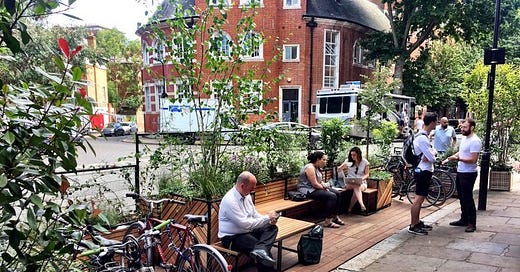Making ends meet
Last week I made the case that, on a per-acre basis, Fairhaven’s downtown businesses are the most productive use of our town’s precious land. As recent budget discussions have revealed, the Haven is not on a sustainable financial footing for the long term. The town has been using free cash and reserves to shore up operating gaps in recen…
Keep reading with a 7-day free trial
Subscribe to StrongHaven to keep reading this post and get 7 days of free access to the full post archives.



